The grocery sector has recorded its slowest growth rate since March 2017 as inflation and the cold weather bites.
Growth in the grocery sector slowed to 2% for the 12 weeks to December 2, according to figures from Kantar Worldpanel.
The slowdown came as inflation reduced to 1.6%, which is less than half the rate of inflation in December 2017, when it stood at 3.6%.
Kantar Worldpanel also attributed the slowdown to a decrease in grocery shopping trips.
Fraser McKevitt, head of retail and consumer insight at Kantar Worldpanel, said: “Over the summer, shoppers upped their weekly trips to the grocers as they took advantage of the hot weather, but with the mercury dropping the number of trips has tailed off.”
Despite the slowdown in overall growth, discounters Aldi and Lidl are continuing to outperform the rest of the market as they both recorded double-digit growth.
Aldi’s sales grew 12.2% during the period, while Lidl’s jumped 11.2%. Aldi was boosted by a number of store openings, and Lidl’s growth was driven by a strong performance of its premium Deluxe line, which recorded a sales increase of 24%.
Asda performed the best out of the big four grocers as it grew sales 1.5%, whereas Tesco and Sainsbury’s saw sales fall 0.1% and 0.2% respectively.
Iceland has increased sales for the ninth consecutive period, as it held market share steady at 2.2% after a 1.8% sales increase. Waitrose was the worst-performing major supermarket as it suffered a sales fall of 0.7%.
Despite tough conditions, Kantar Worldpanel is still confident that this Christmas could break sales records.
McKevitt said: “The last time Christmas Day fell on a Tuesday was in 2012 and the Saturday before was the busiest shopping day of the year.
“We expect the same trend to hold true this year, with Saturday 22 December pulling in the last-minute Christmas crowds.
“Because of the way Christmas falls, grocers have an extra trading day this year, meaning overall sales in December – up to and including Christmas Eve – could reach £10bn.
“Despite an uncertain political climate taking its toll on consumer confidence, shoppers are still willing to spend that little bit extra on more expensive goods.”




















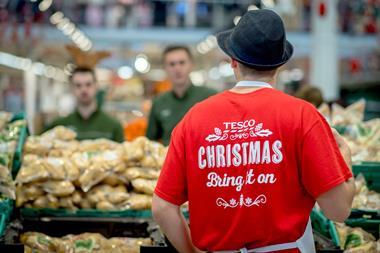
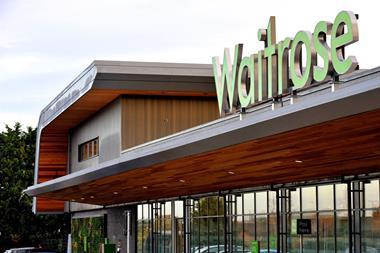
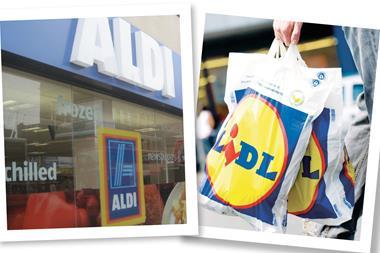
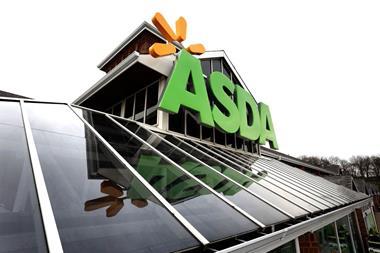
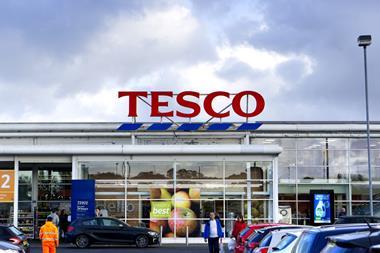
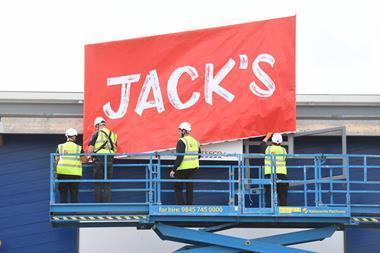
No comments yet